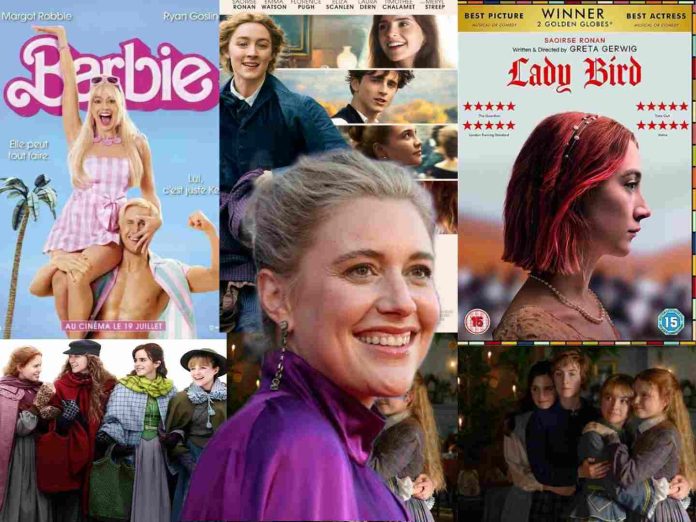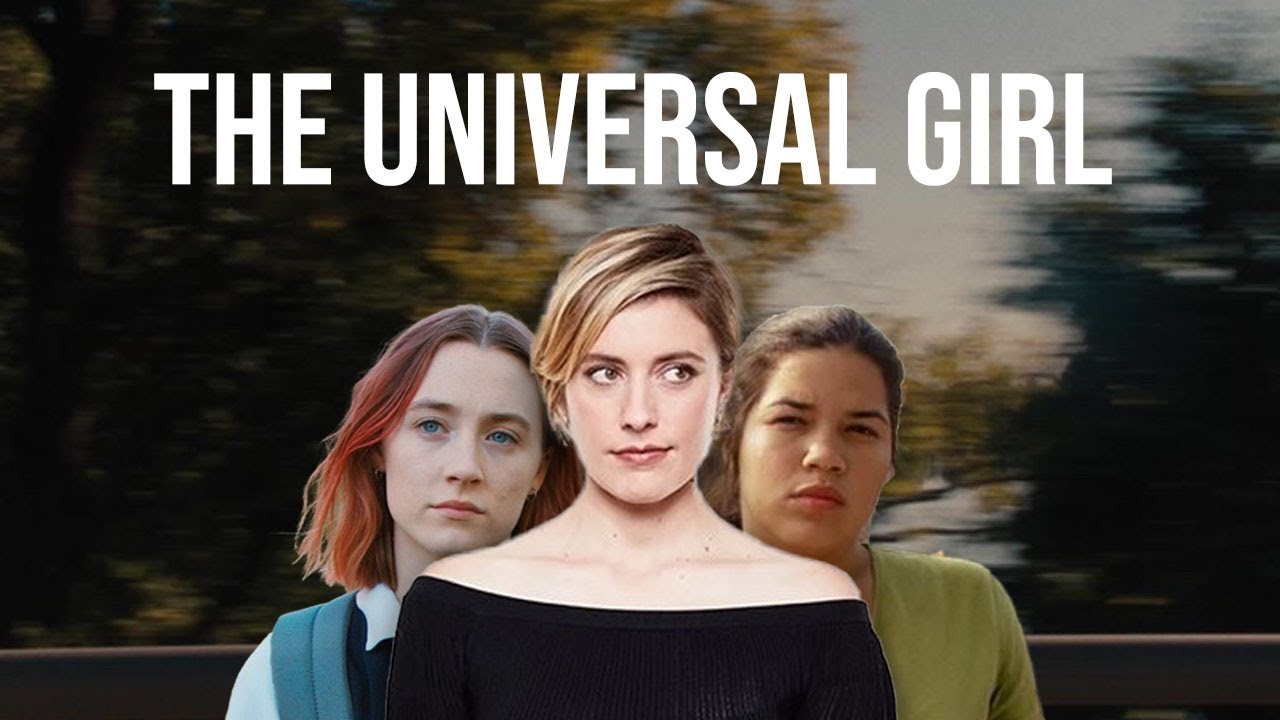If there’s one filmmaker who is quite the rage as of now, it’s Greta Gerwig. With the release of ‘Barbie‘, she’s been breaking records and getting all the praise as a filmmaker. In case you don’t know, the film is only her third directorial venture. Previously she has made ‘Little Women‘ and ‘Ladybird‘ – both female-oriented movies.
Dubbed by many as a feminist filmmaker, Greta’s protagonists are inquisitive and rebellious, and push the boundaries of their constricting environments. She defies the age-old concept of ‘happy endings’ where the protagonists fall in love and things get perfect. Here’s a look into all three of her projects and the various ways how she incorporates ‘feminism’ in her movies.
Related: Greta Gerwig Signs Netflix Deal To Write And Direct Multiple ‘Chronicles Of Narnia’ Movies
Lady Bird
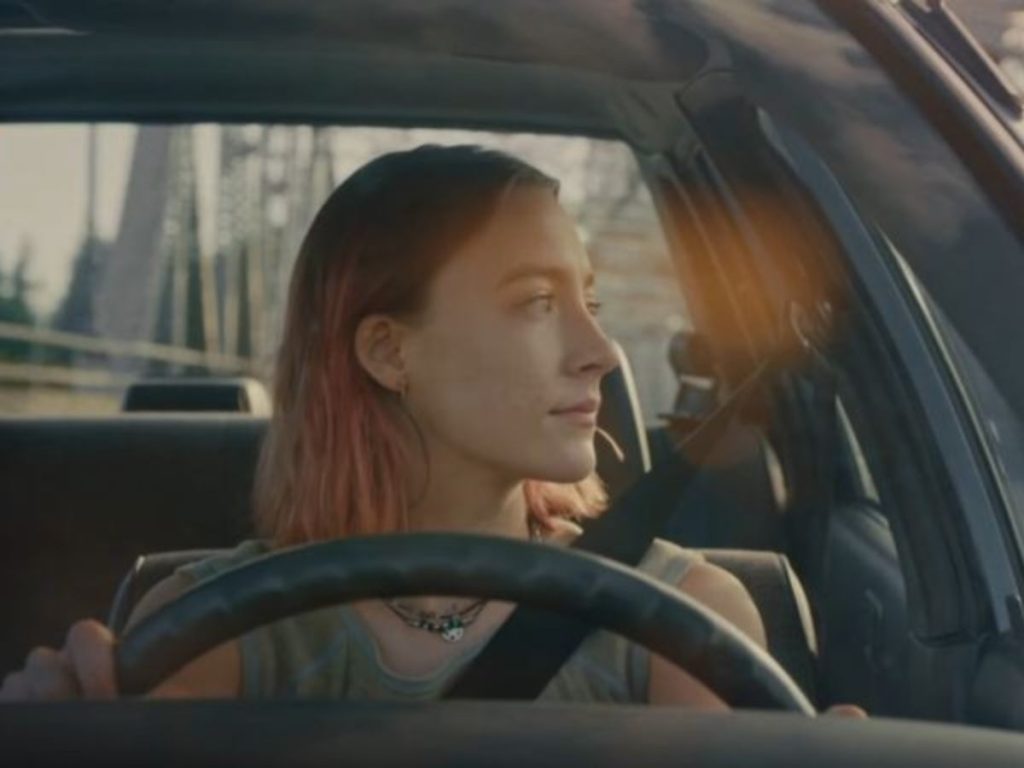
Released in 2017, starring Saoirse Ronan as the lead character representing teen anguish and dilemma as she slips into young adulthood. The movie was nominated for five Oscars including Best Picture, Best Director and Best Original Screenplay. The protagonist is dissatisfied with her mildly uninteresting birth name, Christine. Early on, she adopts the pseudonym Lady Bird. When asked about her name – she says it is ‘given to her, by her’ which shows her need to be herself and give herself her own identity. Lady Bird longs to escape her stuffy Catholic school and Sacramento, California, which she views as an artistic wasteland. There’s a scene where she finds her boyfriend making out with some guy in a washroom. One would expect her to be heartbroken, filled with anguish and pain but that is not what Greta’s characters are like.
Lady Bird doesn’t see a failed romantic relationship as a critique of her inherent value. She completely determines what she thinks of herself. An unsuccessful romantic relationship doesn’t deteriorate her self-worth. In contrast to traditional Hollywood films, ‘Lady Bird‘ never sexualizes or objectifies her body. A man does not deliver Lady Bird’s lines in the film in order to fill in the blanks; instead, she says the lines herself, which serve as the narrative and driving force of the film. There’s a scene where she has her first sexual intercourse and she’s on top. She reads Playgirl magazines and discusses abortion in seminars. In conclusion, the film presents an experience of a young woman creating and defending her own identity; it depicts her growth through various stages while highlighting feminist issues and criticizing patriarchy; it also presents a coming-of-age film that is female-oriented and female-directed.
In Case You Missed It: ‘White Noise’: All You Need To Know About Adam Driver And Greta Gerwig’s Upcoming Netflix Film
Little Women
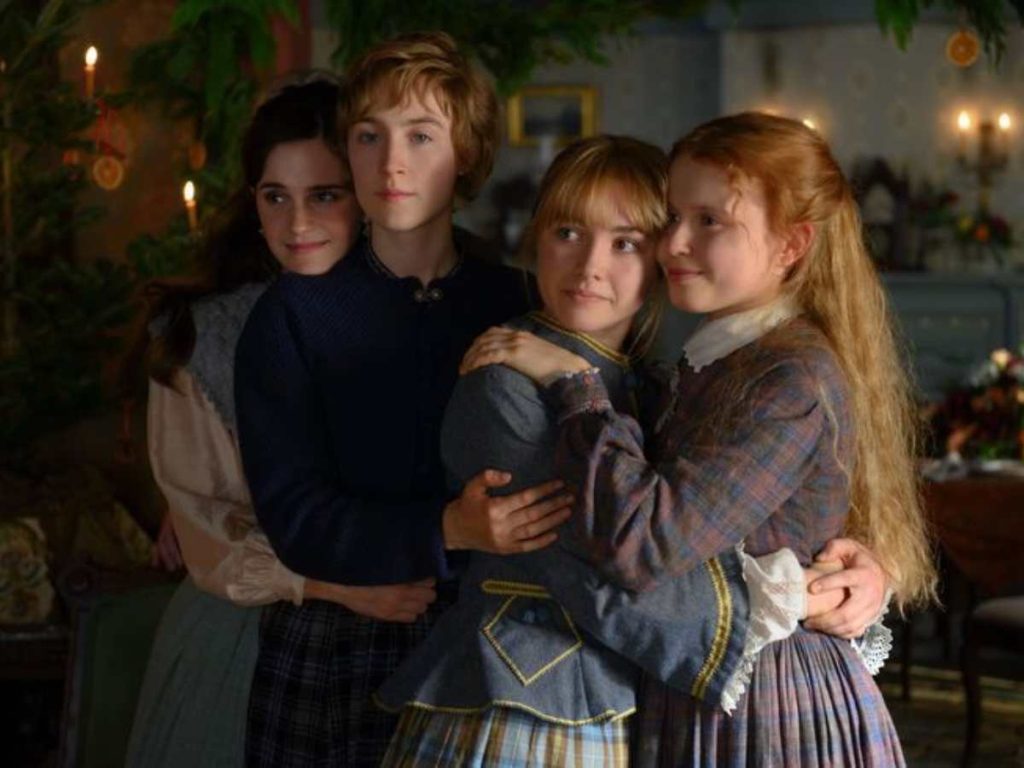
Based on Louisa May Alcott’s book, Greta Gerwig’s take on the movie is slightly different than the classic one. Led by Florence Pugh, Emma Watson and Saoirse Ronan, what I loved about the movie was how all the characters portrayed different faces of feminism. Firstly we have Jo March. In the movie she says a dialogue that goes ‘I would rather be a spinster and canoe my own boat’ when asked about marrying. Jo March also has an iconic monologue where she talks about the loneliness that comes with being a feminist. She loves her freedom too much to give it away for love. As her sisters’ lives move on around her, Jo is frequently left alone by her drive to rebel against every gendered expectation.
Meg March admirably personifies the gendered expectations of a woman in the 19th century. She yearns for a family and children. Jo insists that Meg could be a great actress, but Meg gently retorts, “Just because my dreams are different than yours doesn’t make them unimportant.” This is an important idea to consider, both in the context of the story and in the contemporary world. Women who have domestic inclinations are occasionally shamed by modern feminism.
We see Amy from the beginning as a little girl who is often shown as a little shallow and vain. But as the film progresses, we see her develop into a young woman. She answers to Laurie’s subtle humiliation for wanting to marry into money in a scene. She expresses her frustration and deliberate choice to see marriage as “an economic proposition” that will enable her to progress in life better than she otherwise could. Although she is aware of and accepts the restrictions placed on women in the 1800s, this shows that she is making every effort to offer herself the best life possible and that there is nothing wrong with that.
You might also like read: ‘The Marvelous Mrs. Maisel’: Is The Icon For Women In Comedy A Feminist Hero?
Barbie
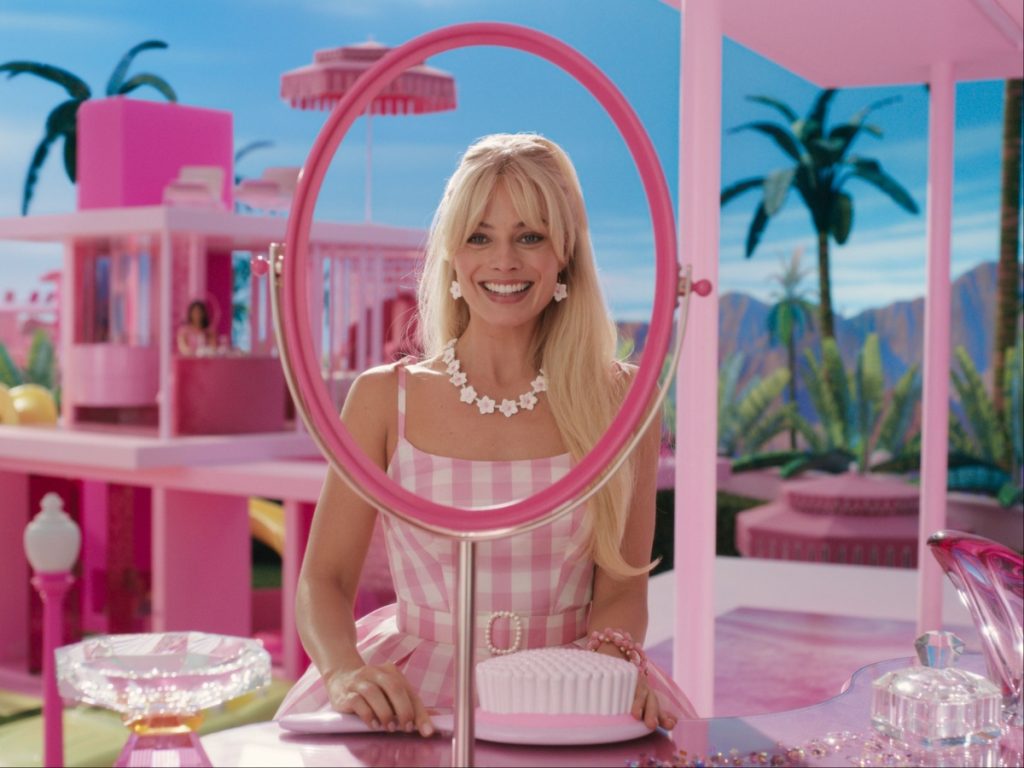
The latest installment to Gerwig’s feminist universe is ‘Barbie‘. Without putting too many spoilers here, let’s dissect the film’s brand of feminism. We often see Barbie as a sign of feminism. Barbie can literally be everything and anything she wants. She’s strong, she’s fearless, and she lives in a world where she and all the other Barbies rule their land together while the men in their lives stay down and let the women dominate. The word for that is matriarchy. Now that might sound misandrist – we know, we know. But trust us, it truly isn’t.
(Spoilers for ‘Barbie’ ahead)
In fact, Barbie teaches Ken to have an identity of himself. To not be her shadow his whole life. To be K-enough. The film beautifully touches upon patriarchy, feminism, and woke misogyny in a really funny way that makes you go ‘oh’. In short, Greta has once again managed to create a wonderful, power-packed film that touches upon these topics subtly, but leaves an impact.
So is Greta Really a feminist filmmaker? She probably is and a good one at that too. The amount of growth she has managed to do in just three films is truly brilliant and masterful. If anything, we need more of these girl boss-strong characters so more of us grow up wanting to be powerful instead of wanting to belong to rich ones of the other sex.
In Case You Missed: Why Greta Gerwig Feels ‘Barbie’ Could Be Her “Career-Ender”?

